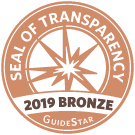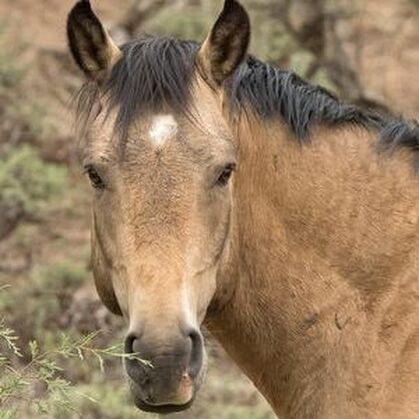History of Fertility Management in Wild Horses
Fertility control for Wild Horses has been around for some time, thanks to the efforts of Dr Kirtpatrick, who has been the face of the wildlife fertility control endeavor for the past 45 years. Jay Kirkpatrick, PhD, credited with pioneering the use of the fertility control drug porcine zona pellucida (PZP) as an alternative to wild horse gathers.
Kirkpatrick was the founder of the Science and Conservation Center in Billings, Montana, which produces PZP on a nonprofit basis for use worldwide and trains volunteers in how to administer the vaccine. In addition to controlling wild horse herd populations, PZP has been used to manage populations of bison, urban deer, captive zoo animals, and even elephants.
The porcine zona pellucida (PZP) vaccine, an immunocontraceptive,(more information) is the most extensively tested method in free-ranging horses and may be the best option for humane and safe herd management practices. The NPS has remotely-darted mares with PZP on Assateague Island, Cape Lookout National Seashore, and elsewhere for more than 20 years with no ill effects and without the need for stressful gathers.
There are other treatments for fertility management, but in evaluating fertility-control methods, it is important to compare them not only for obvious factors—such as efficacy, mode of delivery, and cost—but for the totality of their effects on physiology, behavior, and social structure. It is also critical to extend the comparisons to the social-structure changes and behavioral and health effects that are caused by gathers. There are a few drugs being used that don’t all meet the humane safe factor. These include treatments include:
Oocyte growth factor (OGF) lasts three years or longer and is a potential alternative to PZP. Research has just begun so it's too soon to know if its viable option
GonaCon or GnRH, primarily used to control deer populations. This drug needs more research to validate side effects and sterility implications
SpayVac™ is the only vaccine to achieve multi-year contraception with just one administration. However, this drug carries grave risk for permanent sterility
In the light of the options available PZP has proven itself to be the safest and most reliable option available for reducing the herd numbers to preserve sustainability for wild horses on public lands. It is alarming to many mustang advocacy groups that this method of herd growth restriction has not been more actively utilized by the agencies charged with oversight of mustangs.
Kirkpatrick was the founder of the Science and Conservation Center in Billings, Montana, which produces PZP on a nonprofit basis for use worldwide and trains volunteers in how to administer the vaccine. In addition to controlling wild horse herd populations, PZP has been used to manage populations of bison, urban deer, captive zoo animals, and even elephants.
The porcine zona pellucida (PZP) vaccine, an immunocontraceptive,(more information) is the most extensively tested method in free-ranging horses and may be the best option for humane and safe herd management practices. The NPS has remotely-darted mares with PZP on Assateague Island, Cape Lookout National Seashore, and elsewhere for more than 20 years with no ill effects and without the need for stressful gathers.
There are other treatments for fertility management, but in evaluating fertility-control methods, it is important to compare them not only for obvious factors—such as efficacy, mode of delivery, and cost—but for the totality of their effects on physiology, behavior, and social structure. It is also critical to extend the comparisons to the social-structure changes and behavioral and health effects that are caused by gathers. There are a few drugs being used that don’t all meet the humane safe factor. These include treatments include:
Oocyte growth factor (OGF) lasts three years or longer and is a potential alternative to PZP. Research has just begun so it's too soon to know if its viable option
GonaCon or GnRH, primarily used to control deer populations. This drug needs more research to validate side effects and sterility implications
SpayVac™ is the only vaccine to achieve multi-year contraception with just one administration. However, this drug carries grave risk for permanent sterility
In the light of the options available PZP has proven itself to be the safest and most reliable option available for reducing the herd numbers to preserve sustainability for wild horses on public lands. It is alarming to many mustang advocacy groups that this method of herd growth restriction has not been more actively utilized by the agencies charged with oversight of mustangs.

